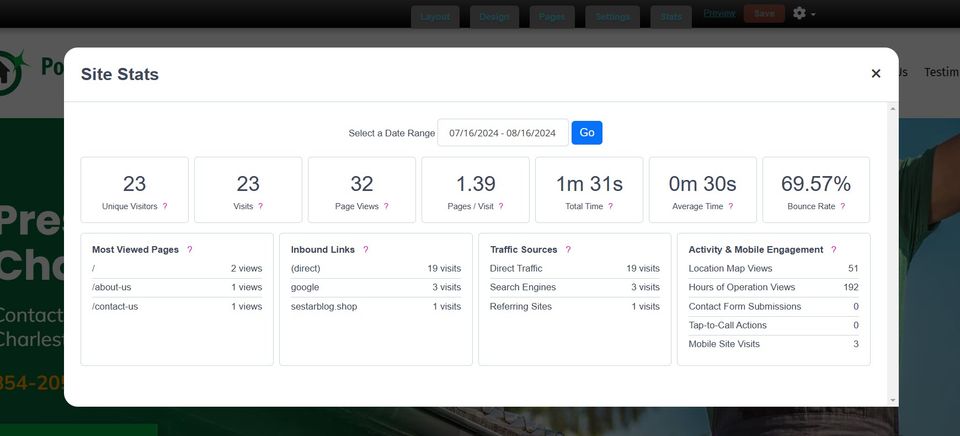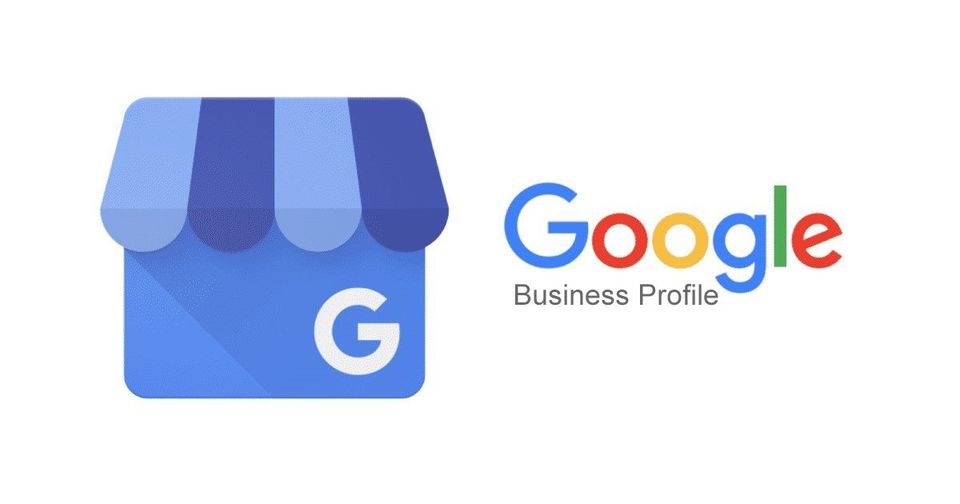
Understanding Your Website Performance Report
Site statistics are a powerful tool that shows you statistics for how many people are visiting your website and how it’s performing in search engines. These insights can help you understand how visitors are engaging with your site — and where there’s room to improve.
If you are not already receiving Website Performance Reports and are interested in receiving them, please contact us to make the request. These optional benefit is included with all plans. Reports are generated monthly and sent via email on the first day of each month.
Explanation of Statistical Data Terminology
If you are not already receiving Website Performance Reports and are interested in receiving them, please contact us to make the request. These optional benefit is included with all plans. Reports are generated monthly and sent via email on the first day of each month.
Explanation of Statistical Data Terminology
- Unique Visitors - Individuals, or unique computer ip addresses, that have visited the site.
- Visits - Number of times all of your Unique Visitors have collectively visited the site.
- Page Views - Number of times all of the different pages on the site have been accessed.
- Pages / Visit - Average number of pages people view when they visit your site.
- Total Time - Total time spent on the site across all visitors.
- Average Time - Average time spent on your site per visit.
- Bounce Rate - Percentage of people who leave your site after viewing only the homepage.
- Most Viewed Pages - The most viewed pages of your site.
- Inbound Links - Top external sites that have referred visitors to your site (direct, google, Facebook).
- Traffic Sources - The means by which people come to your site.
- Activity and Mobile Engagement - How people are interacting with your site, especially on mobile devices.
- Location Map Views - The number of times the map in the footer is viewed.
- Hours of Operation Views - The number of times the hours of operation in the footer are viewed.
- Contact Form Submissions - The number of times any and all email contact forms on the site have been filled out and successfully submitted.
- Tap-to-Call Actions - The number of times users have tapped the phone number displayed on the site to place a call.
- Mobile Site Visits - The number of times users have visited this site from a smaller screen (mobile) device.










